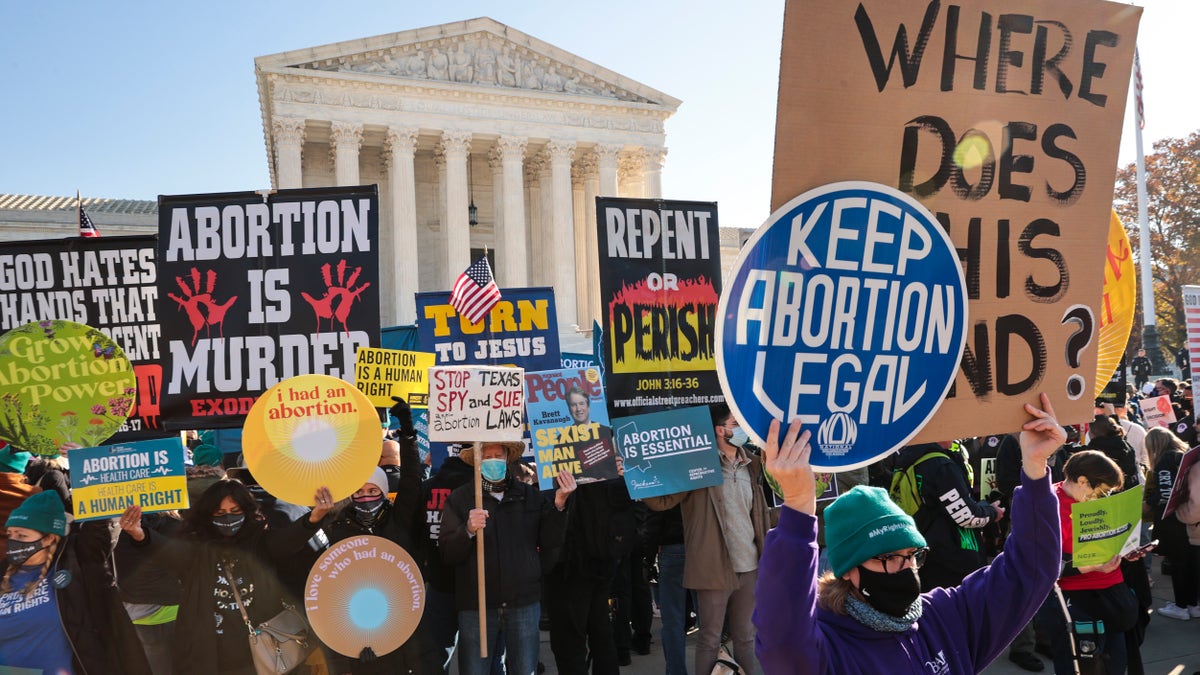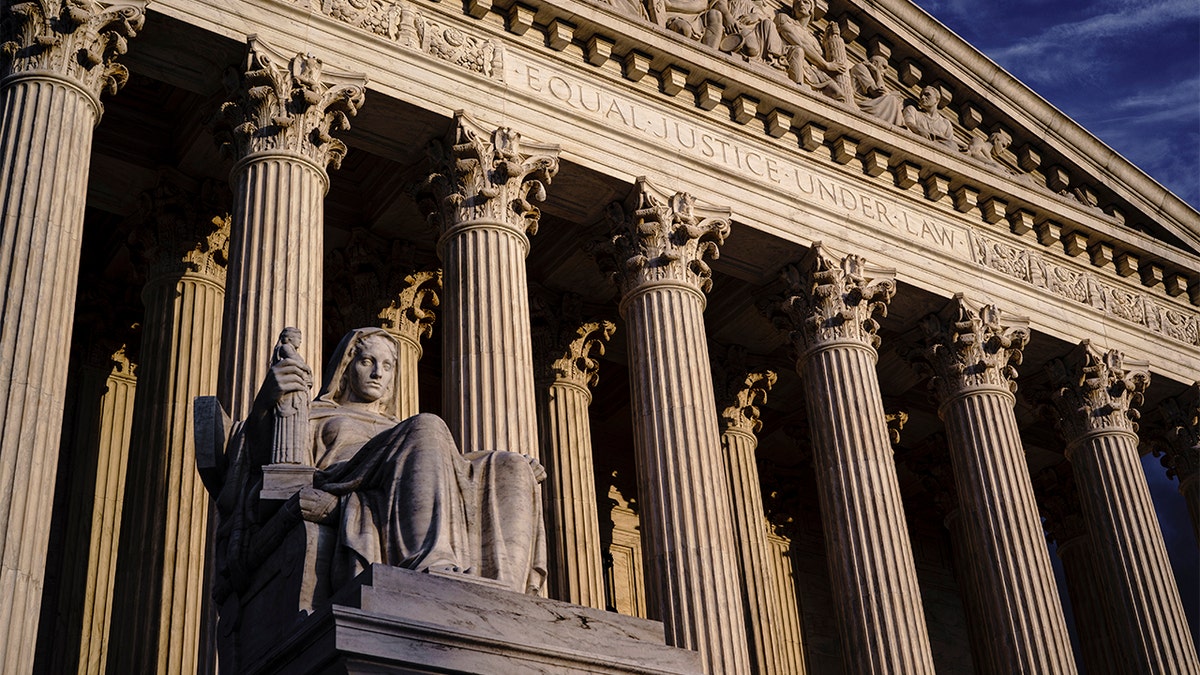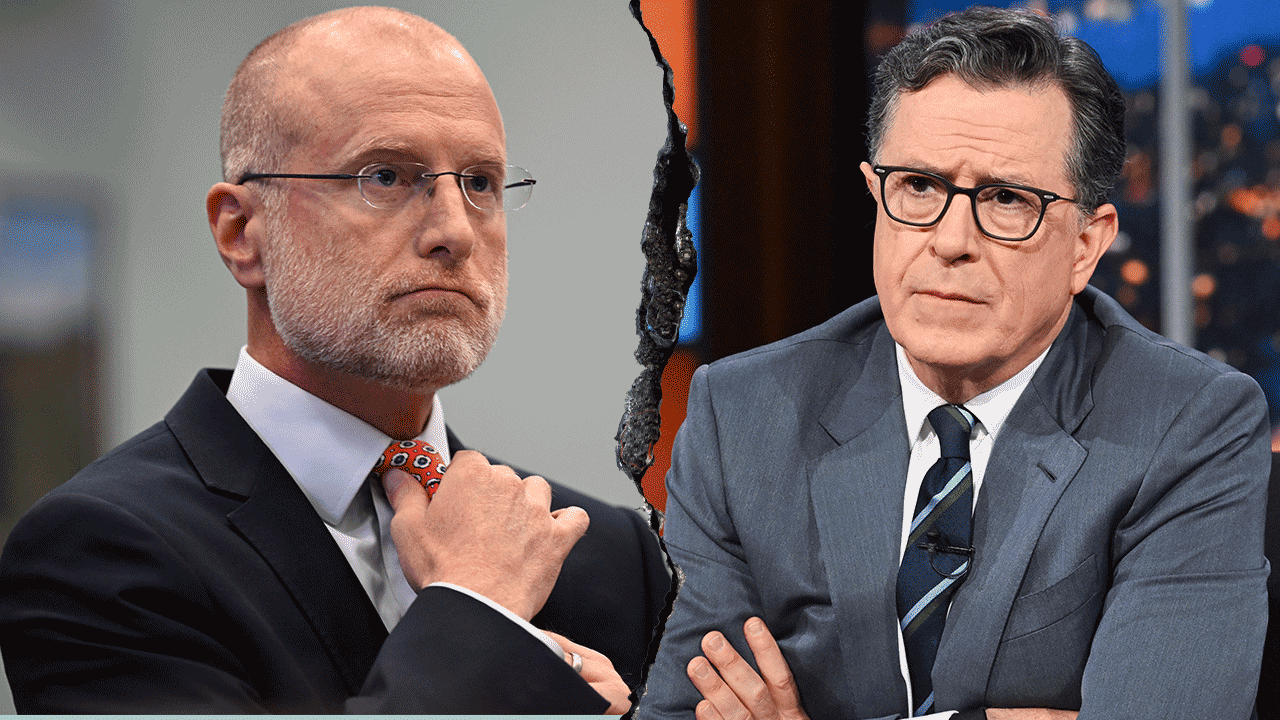Fox Nation 101: Overturning Roe v. Wade
Legal scholar Richard Epstein explains the significance of Justice Samuel Alito’s leaked draft opinion overturning Roe v. Wade.
"Roe v. Wade" remains among the most controversial court cases in U.S. history, a testimony of the Women's Liberation Movement of the 1970s and a key issue among election cycles today – but ideas that 50 years of judicial precedence could come to an end are sparking both relief and outrage among activist groups across the nation.
Amid the controversy surrounding Justice Samuel Alito's leaked draft opinion, Fox Nation is digging into the significance of overturning the high court's precedent, bringing the notorious 1973 decision along with discussions of privacy rights and equal protection to the fore once again.

Demonstrators gather in front of the U.S. Supreme Court as the justices hear arguments in Dobbs v. Jackson Women's Health, a case about a Mississippi law that bans most abortions after 15 weeks, on December 01, 2021 in Washington, DC. (Photo by Chip Somodevilla/Getty Images) (GETTY)
In 'Fox Nation 101: Overturning Roe v. Wade,' New York University Law School professor Richard Epstein "set[s] the historical stage" while depicting the decades-long circle of how the decision came to be and how it could possibly be rescinded.
"This is a strange moment for me. I was an academic in 1973 when ‘Roe v. Wade’ came down," he said, "And I'm an academic now, 49 years later, when the decision stands to be overturned."
SUPREME COURT'S MAJORITY VOTE TO OVERTURN ROE REMAINS INTACT: REPORT
Epstein begins by reflecting on a time when the law had been considered settled, that abortion was written off as an issue that weighed on state governments and federal intervention was not yet considered.
"When the "Roe" case came for oral argument, Harry Blackmun [former associate justice of the Supreme Court] had other ideas," he said.
"So the argument starts to go forward, and all of a sudden we discover that there are new constitutional rights that were brewing and now have got their fruition in 'Roe.'"

The Supreme Court building in Washington, D.C. (AP Photo/J. Scott Applewhite, File)
He relates back to an earlier and far less controversial Supreme Court decision, "Griswold v. Connecticut," which established the illegality of withholding contraceptives from married couples in the state of Connecticut, but the decision brought Connecticut "in line with every other state in the Union."
The discussion moves on to discuss the "shaky" footing for "Roe," including that Justice Blackmun never clearly defined its constitutionality.
"What he did is he divided pregnancy into three trimesters. And in the first trimester, essentially, the woman was free to do as she pleased. In the second trimester, there could be sensible medical limitations. And then it turns out in the third trimester, when a woman is virtually delivering, the state has a much greater power," Epstein said.
"Unlike the "Griswold" case, the popular reaction to the "Roe" decision was deeply split."
With last week's leaked draft opinion, the statement rings true. The issue divides just as deeply – if not more deeply – now than ever. Arson against pro-life non-profits, protests outside of justices' homes and demonstrative displays of disapproval plague American streets in support of preserving the controversial precedent.
As America waits the high court's final decision, chaos ensues in attempt to sway the justices' opinions and shape the future of federal, judicial authority on abortion rights.
Fox Nation programs are viewable on-demand and from your mobile device app, but only for Fox Nation subscribers. Go to Fox Nation to start a free trial and watch the extensive library from your favorite Fox News personalities.











































